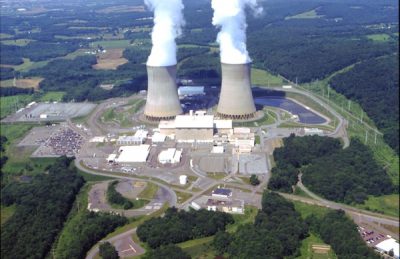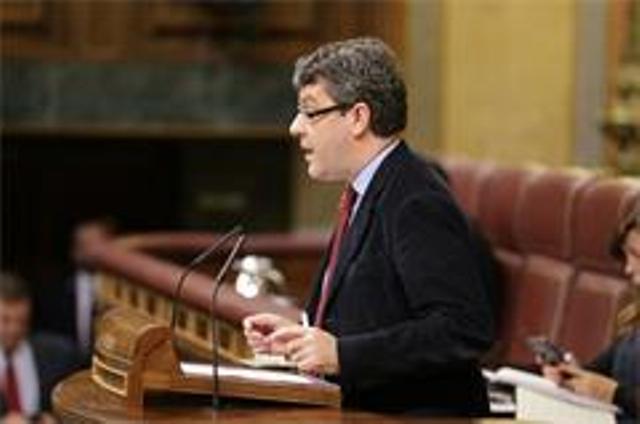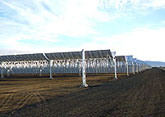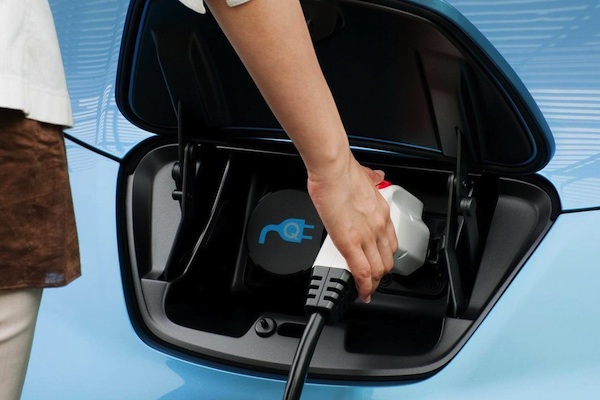The organization presented in Paris its report «Energy policies of IEA countries: France 2016. Review» in which it emphasizes that during the last ten years the French economy has reduced its carbon intensity and has benefited from greater energy efficiency. France’s ambitious goal of reducing its nuclear power generation by 50% by 2025 will transform its energy sector, says the IEA.
The IEA commends France’s leadership in climate change mitigation and green funding around the world and in its own territory, thanks to the adoption of the ambitious package of measures under the Energy Transition Act for Green Growth enacted in 2015.
However, the report considers that the government’s plan to reduce the proportion of nuclear energy from 78% to 50% by 2025, while reducing greenhouse gas emissions by 40% by 2030, will require significant investment in energy efficiency and a new minimum of low carbon generation.
In addition, the International Energy Agency shows in the report that the deployment of renewable energy in France is still below the IEA average. While solar and biomass are developing well, this organization proposes that greater action could help improve the wind energy network.
«France has to put into practice nothing less than a transformation of its energy system and the energy market,» Paul Simons, the deputy executive director of the IEA said during the launch of the report in Paris.
Reduction of nuclear energy in France
France’s ambitious goal of reducing nuclear energy over the next decade will transform its energy sector. Achieving the objective will require careful policy guidance, effective markets and strong support measures for renewable energy and energy efficiency, according to the IEA.
The report highlights that prospects for France’s nuclear sector over the next ten years will be critical to meeting its climate and energy goals and at the same time to maintain electricity security.
The fleet of nuclear power plants in France is the second largest in the world and has reached an average life of 30 years. For now, no decision has been made in favor of the operation pending on a long-term security review, the IEA explains.
In Spain, in this legislature and by 2024, the renewal of licenses to operate the plants must begin. A recent report by Greenpeace states that despite the fact that the Spanish nuclear power plant fleet has already reached 84% of its useful life, financing available for its dismantling does not even reach 30%. In 2014, the fund had a balance of 4,254 euro.
Carlos Sánchez Criado
Publicista por la Universidad Complutense. Director comercial de publicaciones técnicas del sector de la energía durante doce años. Director de Energy News Events, S.L. desde 2012 difundiendo información en Energynews.es, movilidadelectrica.com e hidrogeno-verde.es. Y por supuesto, organizando eventos como VEM, la Feria del Vehículo Eléctrico de Madrid.


























